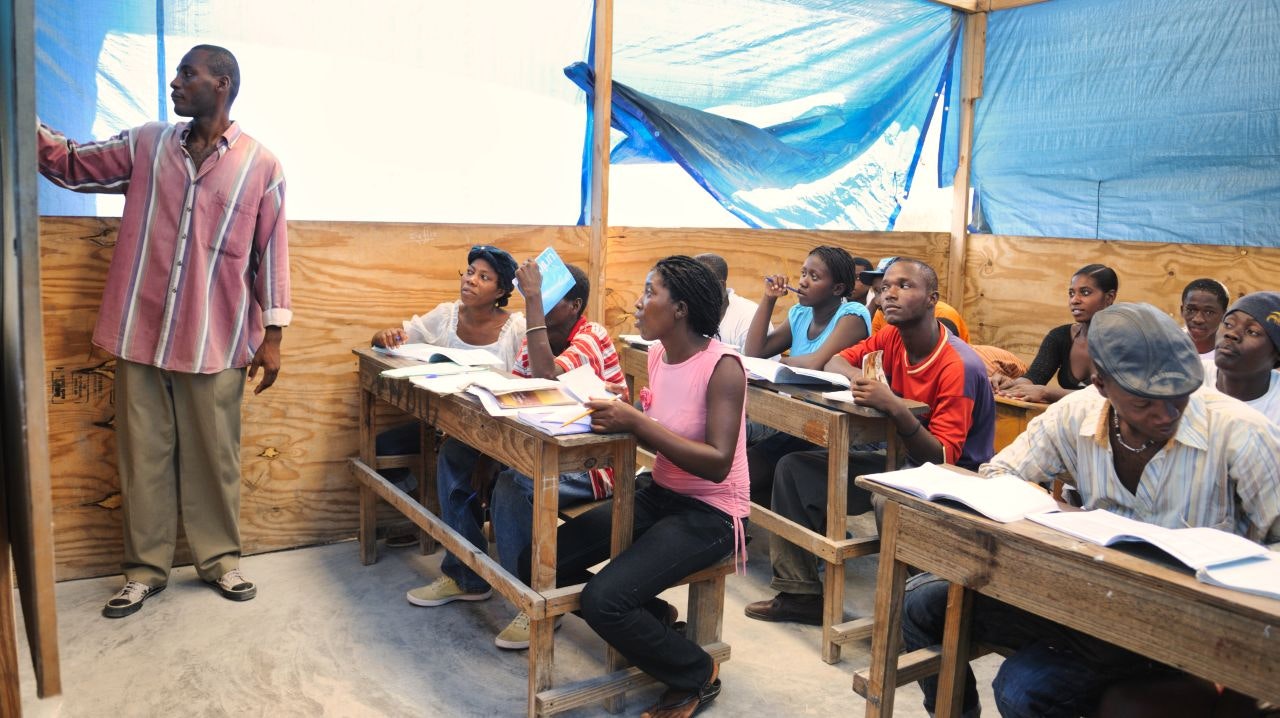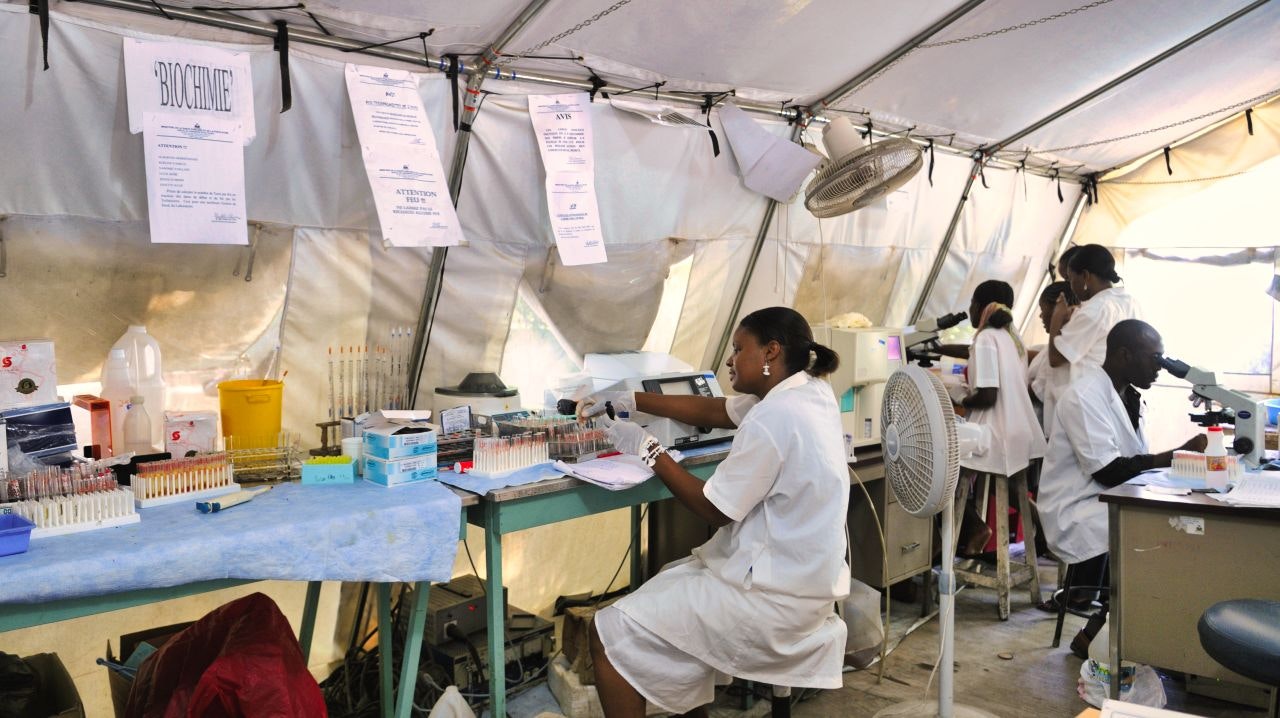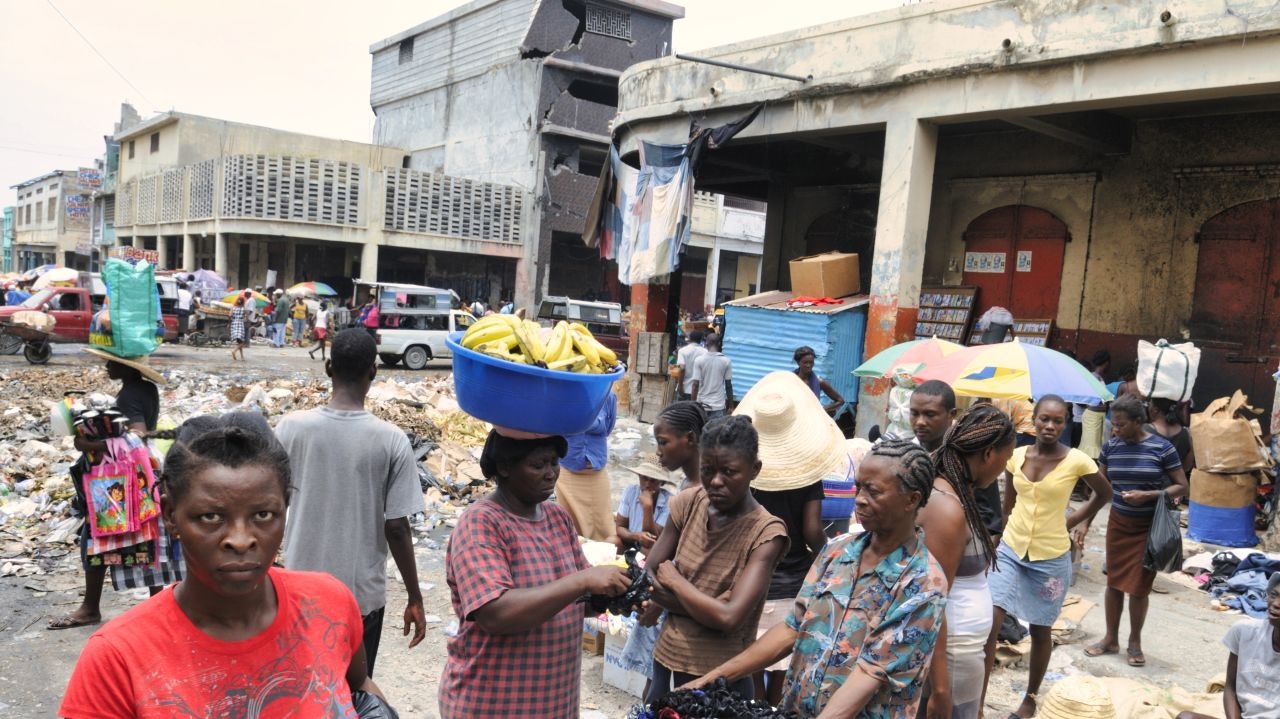
How can translators help to solve the world’s humanitarian crises?
To announce a new initiative for Translators Without Borders, we’d like to take the opportunity to look at this very valuable non-profit organization… and shed light on how Rubric first got involved.
We all know that language is a powerful tool for disseminating information.
In times of crisis, it’s even more important than usual to get the right information to the right people quickly and efficiently.
But, disseminating information internationally can be tough for charitable and volunteer organizations that don’t have the skills or resources to achieve the translations in the time needed.
Translators Without Borders have been helping worthwhile causes to break down language barriers for decades.
And at Rubric, we were there from very early on…
What is Translators Without Borders (now CLEAR Global)?
The French organization Traducteurs Sans Frontières was founded in 1993 by Lori Thicke and Ros Smith-Thomas. The aim was to link professional translators with non-profit organizations focused on health, nutrition, and education.
Translators volunteer their time and skills to help non-profit organizations translate vital information into local languages during humanitarian crises. These include projects like refugee response, Covid-19 response, advocacy projects, and language initiatives.
In 2010, Translators Without Borders was founded as a US organization, which is when we first got involved at Rubric.
The new change to being CLEAR Global
The latest news from the organization is that it is rebranding as CLEAR Global.
Along with this new name, they are introducing CLEAR Tech, which focuses on translation technology, and CLEAR Insights, which builds on the research and advocacy projects.
Translators Without Borders still remains a core part of what they do and they have launched a new funding initiative to take the project into the next decade.

Why translation can help tackle international crises
One of the major problems with global humanitarian disasters is that key information is often unavailable in the local languages of the most affected people.
Françoise Henderson, Rubric’s CEO, explains the huge role that good translations play during international crises:
“Translators Without Borders are doing some great work, for example, during the Covid pandemic at the moment.“There’s a lot of incorrect information that is disseminated and it’s important that people have access to the right information. With the vaccinations taking place throughout the world, for example, it’s important that people have correct information about the benefits and the risks are. That’s the kind of thing that Translators Without Borders can help with.”
When volunteer projects don’t have the skills or resources
A challenge that many non-governmental organizations (NGOs) face is that they just don’t have the skills or resources to translate the bulk of the content that needs to be disseminated for their projects to be successful.
Without having information in the local languages, it’s hard for these organizations to make the impact that they could have.
Poorly translated information or translations that arrive too late, after the situation has progressed, may be worse than no translation at all.
Translators Without Borders fills this need for rapid, quality translations during crises by connecting its network of volunteer translators.
How Rubric helped launch today’s Translators Without Borders
Françoise explains that she was involved from very early on with Translators Without Borders.
Although the seeds of the organization began in France, 20 years before she got involved, Françoise joined during the key humanitarian disaster that really kicked Translators Without Borders into action — the Haiti earthquake in 2010.
She says:
“I first became aware of the project when I was working as a freelance translator. I was a young mum with 3 kids and a full-time job, and I thought “This is a great idea!” That translators like me could contribute to non-profit organizations by just giving their translation expertise.“Fast forward 20 years and there was a huge earthquake in Haiti. Lori, the original founder, appealed to the translation industry and I was in there right at the start, proposing my services, having developed my own successful company.“I became the first treasurer of the US organization. There was already a French organization and Lori wanted to create a non-profit organization in the US.”

The birth of the “Without Borders” name
One aspect of the company that demonstrates its ideals is the “Without Borders” part of the name, indicating that it is dedicated to helping humanitarian efforts.
The term comes from the very well-established Doctors Without Borders (Médecins Sans Frontières), which was founded in 1971 and provides medical care in the face of humanitarian disasters.
Since then, various non-profit organizations have joined the “Without Borders” movement, of which Translators Without Borders is one. Although the organizations are not affiliated with Doctors Without Borders, they still have to prove they are following a similar humanitarian ethos.
Françoise explains her part in this:
“As treasurer, I was involved in setting up the foundations of the new US entity, registering it as a non-profit, setting up the accounting structures, and registering the trademark.“I think the most challenging part was trying to convince the Doctors Without Borders organization that we would be allowed to use the all-important “Without Borders” name.“They officially allowed us to do that and we had to build up a lot of trust to get to that point.”
What you can do to help the next decade of humanitarian translation
Would you like to help Translators Without Borders to bring much-needed translations to future crises?
If so, you can learn more about the organization and get involved by visiting their 2021 summer donation drive page.
There are also opportunities for corporate sponsorship and, if you’re a translator, for getting involved on the operational side.